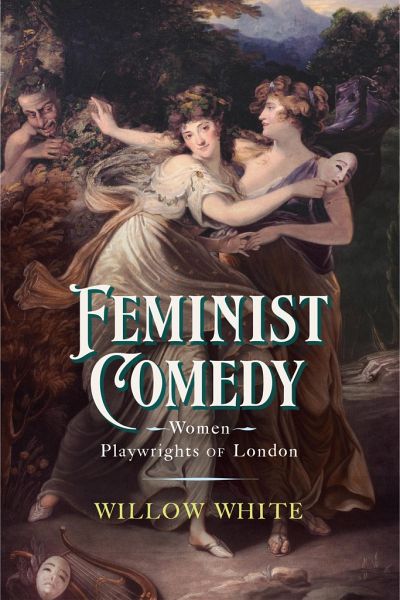
Feminist Comedy
Women Playwrights of London

PAYBACK Punkte
24 °P sammeln!
Feminist Comedy argues that the development of modern feminist thought is closely linked to theatrical comedy. Through analysis of plays by Catherine Clive, Frances Brooke, Frances Burney, Hannah Cowley, and Elizabeth Inchbald, the book demonstrates that these authors turned to comedy as a site of feminist critique, practice, and experimentation. .


